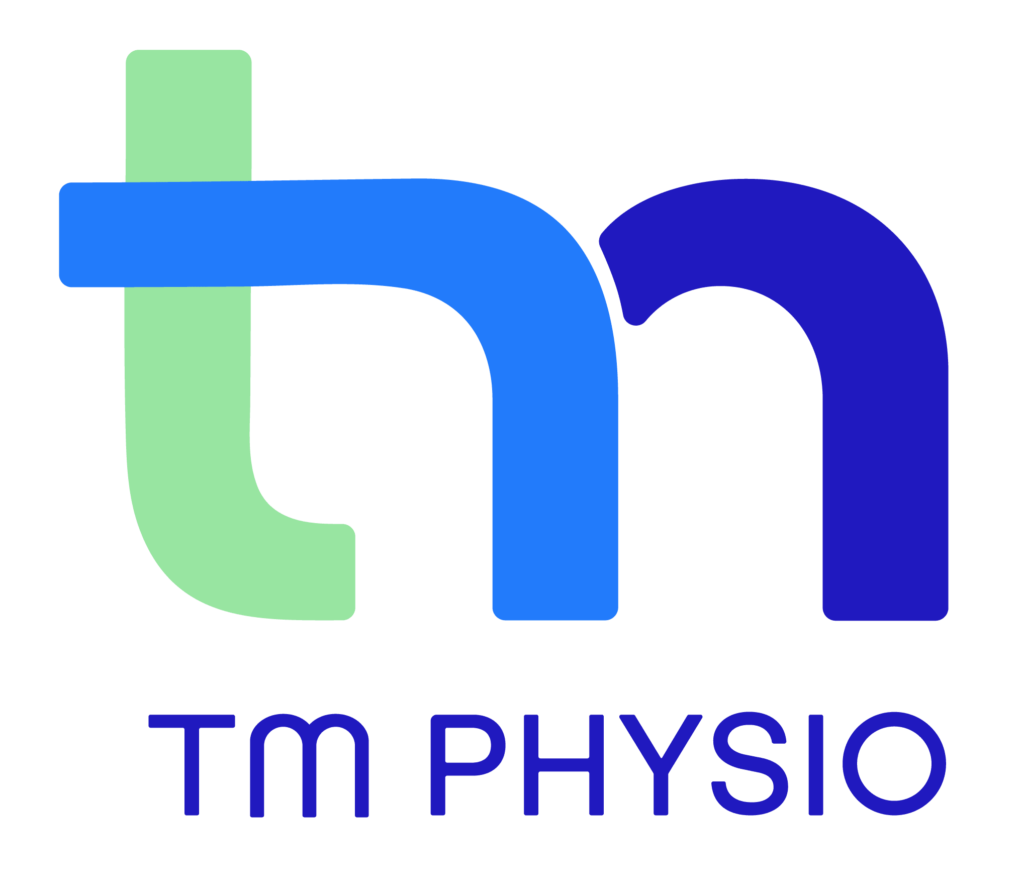Adhesive capsulitis, more commonly known as a ‘frozen shoulder’, is a painful condition that is characterised by stiffness and a loss of motion in the shoulder. What causes frozen shoulder, what can you do about it and how can you stop it from happening in the first place? Let’s take a look!
What Is A Frozen Shoulder?

The tissue that surrounds the shoulder joint and holds it together is called the joint capsule – when this becomes inflamed, this band of tissue becomes stiff, which restricts the movement of the shoulder.
There is no clear cause of frozen shoulder, however there are known risk factors associated with a higher chance of having frozen shoulder, including.
- Diabetes
- Thyroid conditions
- Recent illness or suppressed immune system
- Cardiovascular disease
- Age of 40-60
- Affects more women than men
- Recent shoulder injury
- Recent shoulder surgery and or immobilization
- Previous frozen shoulder
What Are The Symptoms?
If you develop adhesive capsulitis, you are likely to experience symptoms in three stages across a period of approximately 1-3 years. These stages are typically referred to as below;
1. Freezing Initially, the shoulder will be intensely painful, and any movement will cause pain. At this stage, movement begins to become limited. The discomfort often leads to avoiding moving the shoulder, which further increases the stiffness.
2. Frozen When the shoulder is at its most stiff, pain may reduce somewhat, but movement becomes more difficult.
3. Thawing Once the shoulder begins to “thaw”, the range of motion then improves.
Across these phases, many people say that the pain is worse at night and can keep them awake.
How Do You Treat A Frozen Shoulder?
Physiotherapy is the most common treatment for a frozen shoulder. A physio will help guide you through these phases advising movements, stretches and strengthening exercises to best improve and maintain your range of motion, strength and manage symptoms of pain.
While you’re waiting for your physio appointment, putting an ice pack on the shoulder for 15 minutes, several times a day, can help to reduce the pain. If you continue to struggle with significant pain your physio can refer you on for other treatments that can in the short-term settle severe symptoms, this may include cortisone injections into the shoulder capsule. Whilst these haven’t been shown to improve rate of recovery, they may help with pain relief.
What Can You Do To Prevent A Frozen Shoulder?
As immobility is a major cause of a frozen shoulder, if you suffer an injury or illness that will keep you out of action for a while, speak to a physiotherapist about exercises that you can do safely to keep your shoulder moving.
If you’re experiencing pain or loss of motion in your shoulder, give us a call on 9282 5898 or email deakin@tmphysio.com.au and we’ll talk to you about how we can help.
If you want to make a booking can talk to us in person please book online here.



